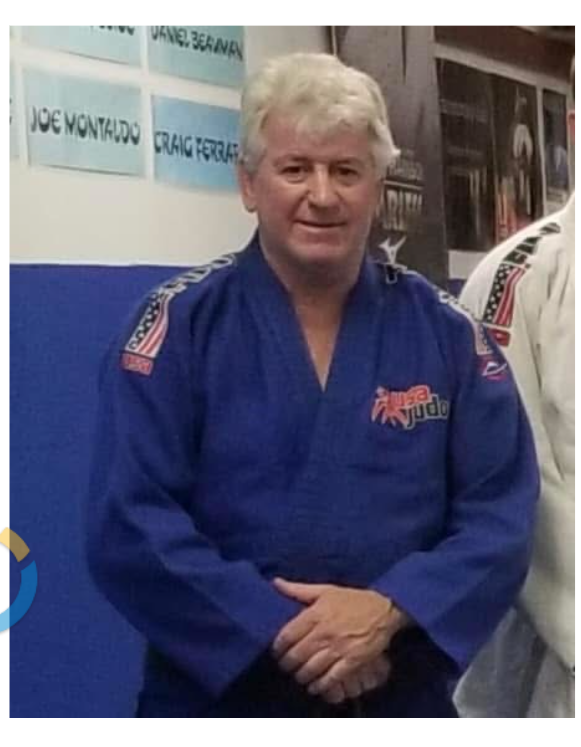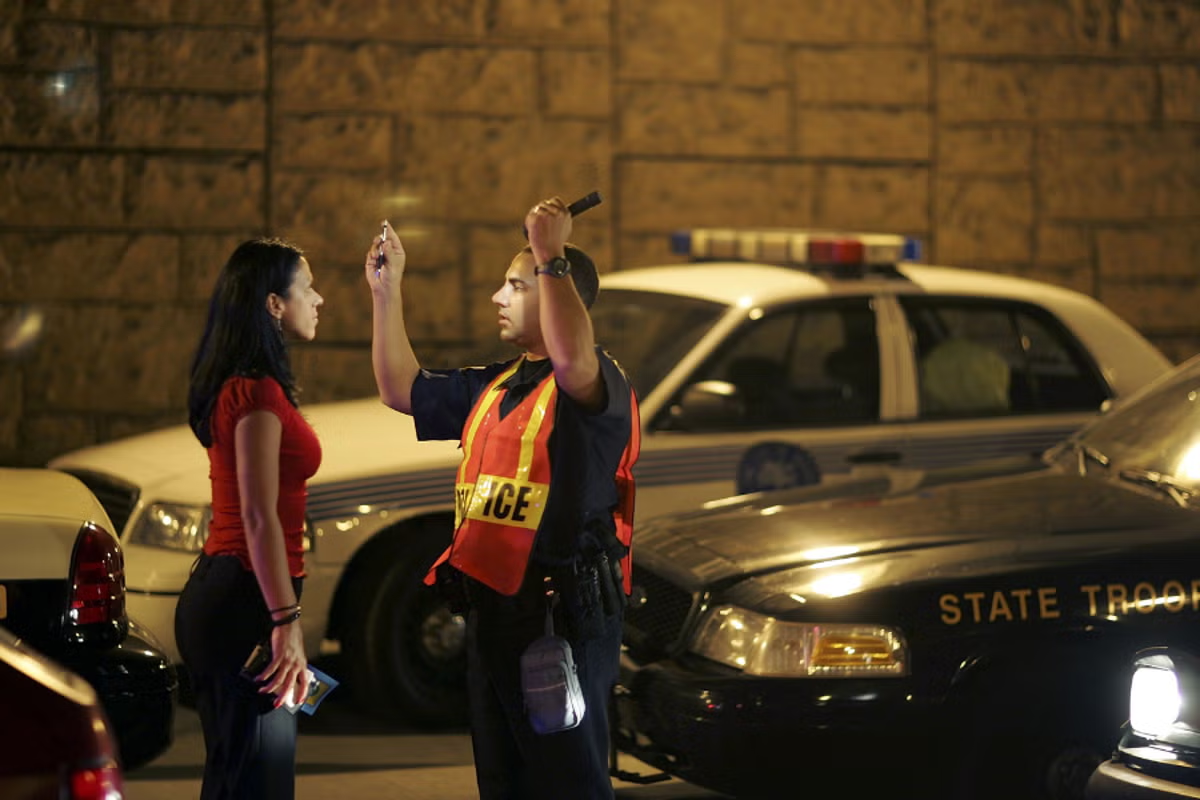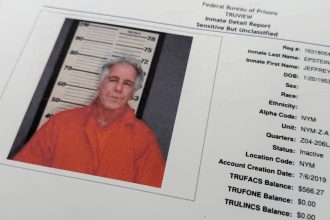Smithtown, New York — Community Honors the Life and Legacy of Sensei John Lucas, A Lifelong Leader in Judo
Smithtown, NY – A wave of grief and reflection has washed over the judo and martial arts community in Smithtown and beyond, following the deeply felt passing of Sensei John Lucas, a towering figure in the discipline of judo. With more than six decades dedicated to the practice, teaching, and preservation of judo in Smithtown, Sensei John leaves behind a legacy of excellence, integrity, and transformative mentorship that has shaped countless lives.
The news of his passing was shared by Smithtown Judo, the very dojo he helped establish and nurture into a respected institution of martial arts education. His departure marks the end of an era for the dojo, but his influence and teachings continue through the students and instructors who carry forward the values and standards he instilled.
A Life Built on Discipline, Respect, and Perseverance
Born and raised in New York, Sensei John Lucas discovered judo in his early years and quickly developed a passion that would grow into a lifelong vocation. His journey in judo began humbly, but his commitment to training and self-improvement led him through the ranks with unwavering determination. Over time, he transitioned from student to instructor, from competitor to mentor, and from martial artist to community pillar.
Sensei John’s philosophy extended far beyond physical technique. To him, judo was a way of life—one that required equal parts mental strength, emotional intelligence, humility, and respect. He believed that every throw, hold, and movement on the mat was a metaphor for the challenges of life. Those who learned under his guidance quickly came to understand that they were not just being trained to win matches, but to face adversity, lead with honor, and develop a code of personal ethics.
More Than a Sensei: A Mentor and Father Figure
Over the decades, Sensei John guided hundreds—if not thousands—of students on their martial arts journeys. From young children taking their first steps into a dojo, to seasoned athletes preparing for competition at national and international levels, he treated each individual with the same level of patience, focus, and encouragement.
He was not a man of many words, but when he spoke, his message carried weight. His students often recall that his feedback was delivered with purpose—never to criticize, but to build, refine, and inspire. In moments of personal struggle, many found in him not just an instructor, but a confidant and source of wisdom. For some, he was like a second father; for others, a life coach who offered strength and clarity when it was most needed.
His quiet charisma, unshakable integrity, and deep compassion became the pillars of Smithtown Judo. And while his expectations were high, they were matched by his commitment to lifting others up and helping them reach their potential.
A Competitor Who Led by Example
In his earlier years, Sensei John was a formidable competitor. His natural athleticism, combined with tactical intelligence and unwavering discipline, earned him accolades in regional and national competitions. However, it was never the medals or trophies that defined him. What mattered most was how he conducted himself—on and off the mat. Whether he won or lost, his composure, sportsmanship, and dedication to the spirit of judo were evident.
As he aged out of active competition, his passion never waned. Instead, he funneled it into the success of his students, many of whom went on to win their own championships or become instructors in their own right. Watching others grow under his mentorship became his greatest victory.
Building a Legacy at Smithtown Judo
Under Sensei John’s leadership, Smithtown Judo became more than a training center. It became a community—one built on discipline, loyalty, and mutual respect. Parents entrusted their children to his care because they knew they would be learning more than martial arts; they would be developing character, resilience, and a strong moral compass.
He structured his classes with rigor and intention, incorporating both traditional techniques and modern teaching methods. Yet, no matter how the curriculum evolved, the core principles he championed—courage, humility, honor, and perseverance—remained the same.
The dojo also served as a safe haven for many. Children who struggled in school or faced challenges at home often found sanctuary and direction on the mat. Adults looking for balance in their lives found it through judo’s discipline and camaraderie. Veterans, first responders, and those experiencing stress or trauma found a place where they could rebuild strength—physically and emotionally—under his guidance.
A Lasting Transition
In a move that speaks volumes of his foresight and commitment to continuity, Sensei John passed the torch to two trusted instructors: Sensei Joe Prizzi and Sensei Jason Brodsky. Both men have trained under his direction for many years and embody the same core values that defined his leadership.
Their appointment ensures that the high standards, traditions, and culture of Smithtown Judo will endure. They have expressed their deep commitment to continuing his legacy, honoring his teachings, and leading the dojo with the same passion and care that he modeled throughout his life.
Students and families have welcomed the transition with gratitude, knowing that while Sensei John is no longer physically present, his spirit is still embedded in every throw, every lesson, and every belt promotion that takes place within the dojo’s walls.
An Outpouring of Community Grief and Celebration
News of his passing quickly reached beyond Smithtown. Former students, fellow martial artists, and friends from across the country—and even internationally—shared their condolences and memories. Social media filled with tributes, personal stories, and old photographs that painted a vivid portrait of a life well-lived and a man deeply loved.
From quiet moments in the dojo to celebratory victories at tournaments, the memories shared were a testament to how far-reaching his influence had become. A former student, now an instructor in another state, wrote, “Every time I bow on the mat, I think of him. I teach the way he taught me—with patience, structure, and respect.”
Plans for a memorial service are underway, with the dojo also considering the creation of a scholarship fund or annual tournament in his name—both as a way to celebrate his life and continue his mission of building better people through judo.
Remembering the Lessons Beyond the Mat
In mourning his loss, many are reminded of the values he taught without ever needing to raise his voice: self-discipline, mental focus, mutual welfare, and benefit. His favorite saying, repeated often in training and in life, was, “Fall seven times, stand up eight.” That motto, rooted in judo philosophy, speaks to resilience—and to the kind of man he was.
Even those who only trained under him briefly walked away changed. He had a unique ability to bring out the best in people, often without them realizing it until much later. His influence will likely continue to ripple outward for generations, passed from teacher to student, friend to friend, parent to child.
Moving Forward With Gratitude and Strength
Smithtown, New York has lost more than a martial artist—it has lost a cornerstone of the community. The passing of Sensei John Lucas has created a void that will not soon be filled, but it has also ignited a renewed sense of purpose among those who remain.
Through the continued leadership of his chosen successors, the values he cherished will endure. Every lesson taught at Smithtown Judo will be part of his living legacy, every new black belt a reminder of his vision, and every respectful bow a quiet tribute to a man who gave his life to lifting others.
In the words of one long-time student:
“He didn’t just teach judo. He taught us how to live.”




